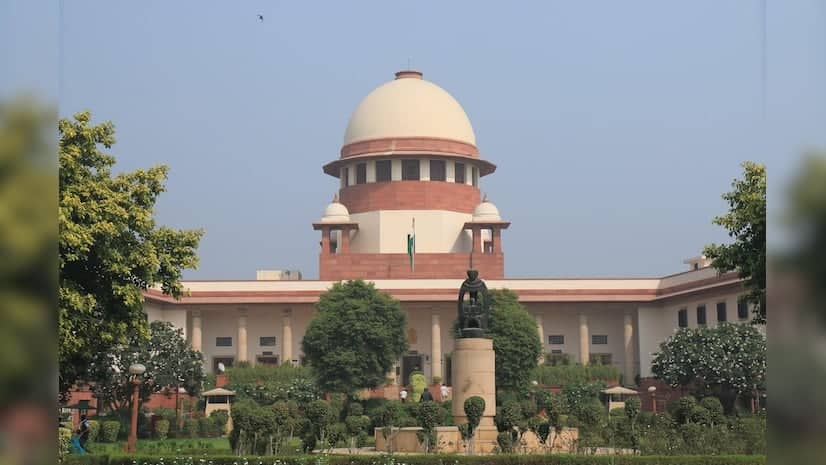The Supreme Court of India recently upheld the 2016 regulations of the Rajasthan Electricity Regulatory Commission (RERC). These regulations govern the open access of power for industrial consumers. The court dismissed appeals from several industrial firms challenging the validity of these regulations. The ruling affirms the RERC’s authority to regulate power distribution and maintain grid stability.
Background
The RERC introduced the 2016 regulations to address issues surrounding power distribution. These regulations imposed limitations on how industrial consumers could withdraw power. They aimed to balance the needs of various consumers while ensuring the stability of the electricity grid. The previous regulations from 2004 allowed more flexibility for companies in scheduling power from different sources.
Key Provisions of the 2016 Regulations
The 2016 regulations introduced several crucial changes. They required that if a consumer opted for open access power, the contracted demand from the distribution licensee would be reduced accordingly. This meant that consumers could not simultaneously withdraw power from both open access and their contracted demand. Additionally, penalties were established for both over-withdrawal and under-withdrawal beyond the contracted demand.
Industry Response and Legal Challenges
Several industrial firms challenged these regulations. They argued that the restrictions were arbitrary and disadvantaged captive power generators. Companies relied on both captive generation and open access to meet their energy needs. They claimed that the regulations violated the Electricity Act of 2003.
Supreme Court’s Ruling
The Supreme Court, in its ruling, upheld the high court’s decisions. The justices affirmed that the RERC possesses the statutory authority to regulate open access under the Electricity Act, 2003. They stated that the regulations serve the public interest by ensuring equitable treatment among all market participants. The court noted that while the regulations may cause inconvenience to captive power generators, they do not violate constitutional rights.
Future of Open Access Regulations
The Supreme Court’s ruling sets a precedent for future regulations concerning open access in India. It puts stress on the importance of balancing consumer needs with the integrity of the power grid. As the energy landscape evolves, regulatory bodies will need to adapt to changing demands while ensuring equitable access to electricity.

Leave a Reply